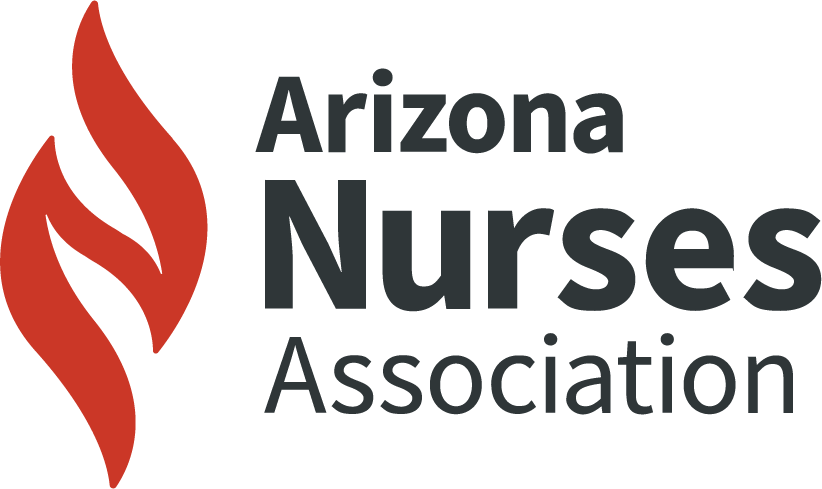The Role of Formal Mentorship to Improve the Novice Nurse Practitioner and Physician Assistant Role Satisfaction and Reduce Turnover
ABSTRACT
With a worsening healthcare provider shortage, the Advanced Practice Registered Nurse (APRN) workforce rapidly expands, with an estimated 40% growth rate between 2021 and 2031. Unfortunately, once APRNs enter the workforce, decreased job satisfaction, role strain, and increased job demands contribute to high turnover rates, ranging from 12.6-20%. To increase institutional support for novice Nurse Practitioners (NPs) and Physician Assistants (PAs) during the transition period, a large academic quaternary pediatric hospital in the southwestern United States developed a mentorship subcommittee for NPs and PAs with fewer than two years of advanced practice experience and for those with experience who may benefit from mentorship. The subcommittee evaluated the impact of formal mentorship on job satisfaction and turnover during the transition period using a descriptive longitudinal quality improvement pilot feasibility project design, using the Novice Nurse Practitioner Role Transition Scale (NNPRT) and human resource data to evaluate turnover rates.
